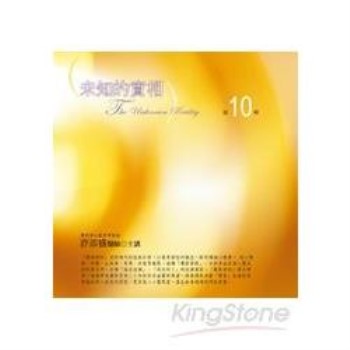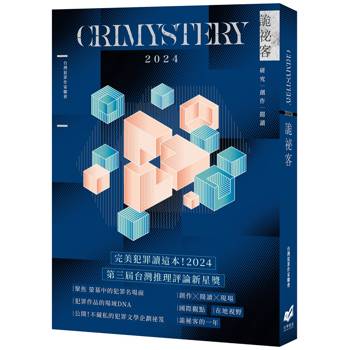This book analyses collaboration in the Greater Mekong Subregion. It explores inter-state cooperation and the role of subnational units (provincial and local governments) and transnational actors (NGOs, firms) in building and maintaining the subregion. It also considers the relationships between actors on the three levels, their influences within the structures of decision-making in the GMS, their policy pronouncements and roles in the GMS.
After exploring the historical background of cooperation in the GMS, the author discusses how far cooperation in the GMS has developed from the mere promotion of the national interest of individual states towards an institution as an independent actor able to influence relationships between its member states instead of only being influenced by them. Hensengerth scrutinises the nature of GMS cooperation and the character and capabilities of the institution of the GMS, exemplified by the bilateral relations between China and Vietnam. Here, the study will combine the analysis of subregionalism and institution-building in the GMS with an analysis of China-Vietnam relations by combining theoretical approaches to regional integration in the form of the regime approach with foreign policy analysis
This book will appeal to academics within international relations, Southeast Asian regional and China or Vietnam country specialists.

 看圖書介紹
看圖書介紹










